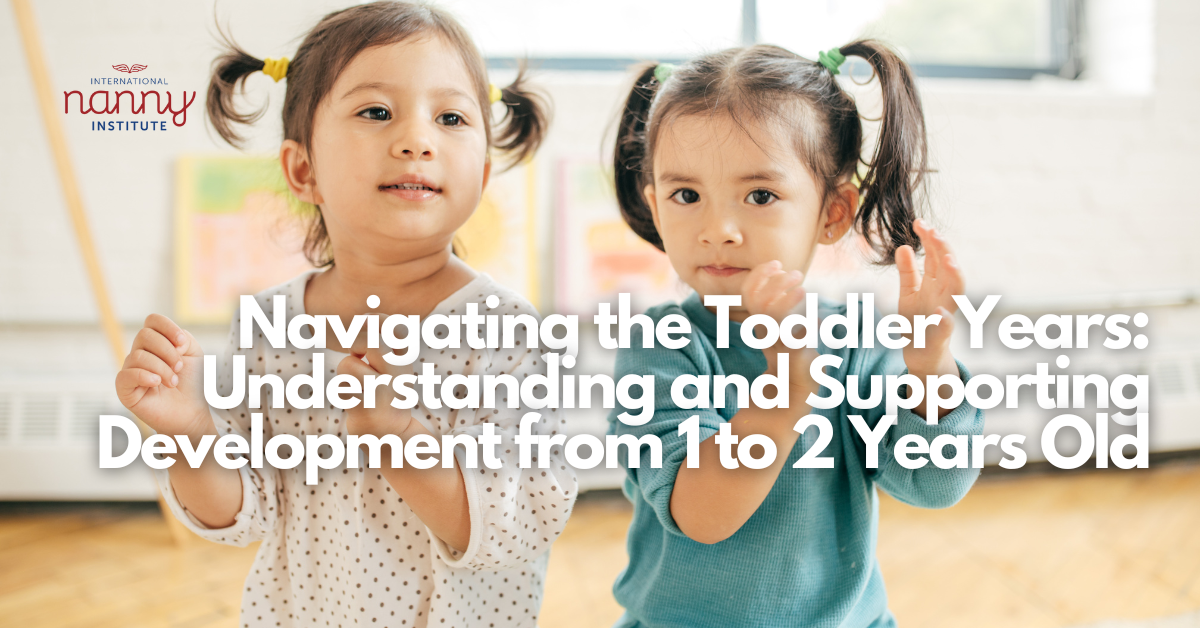How Much Do Nannies Get Paid?
If you’re a parent who’s considering hiring a nanny, you’re probably wondering how much you should expect to pay for their services. In this post, we’ll break down the different types of nannies and their average salaries, as well as other factors that can influence a nanny’s pay.

What is a nanny?
A nanny is a professional caregiver who is employed to look after a child or children. They provide one-on-one care and attention, and are often involved in the children’s everyday lives, helping them achieve developmental milestones.
What is expected from a nanny?
Families take the concept of hiring a nanny very seriously, as they’re putting their full trust in someone to take care of their child. As a result, parents typically look for nannies who are well-experienced and have relevant childcare qualifications.
Nannies find themselves in an extremely competitive environment, which makes them want to improve their skills, build more experience, and sign up for additional training, such as courses offered by the International Nanny Institute.

How much do nannies get paid?
The salary of a nanny depends on several factors, including their qualifications and experience, the number of children they will be caring for, and any additional responsibilities they may have.
Here’s an overview of the average salaries for different types of nannies are:
- Full-time live-out nanny: between £12 and £20 per hour
- Full-time live-in nanny: between £800 and £1500 per week
- Nanny-housekeeper: similar to the salary of a full-time nanny
- Governess: live-out salary of £18 to £30 per hour, live-in salary of £1200 to £1800 per week
- Maternity nurse: £300 to £500 per 24 hours
It’s important to note that these salaries may vary depending on the nanny’s profile and the country they’re working in.

Other factors that can influence a nanny’s pay include the number of children they will be caring for, any additional responsibilities they may have (such as housekeeping), and their level of experience. Highly qualified and experienced nannies can command higher salaries, especially if they have certifications like First Aid or CPR training.
It’s also important to consider any taxes or social security payments that may be required by your country’s laws and regulations.
If you’re interested in becoming a nanny or improving your skills as a caregiver, consider enrolling in courses or workshops offered by the International Nanny Institute. Click on “Learn more” below to find out how we can help you supercharge your career as a nanny.









